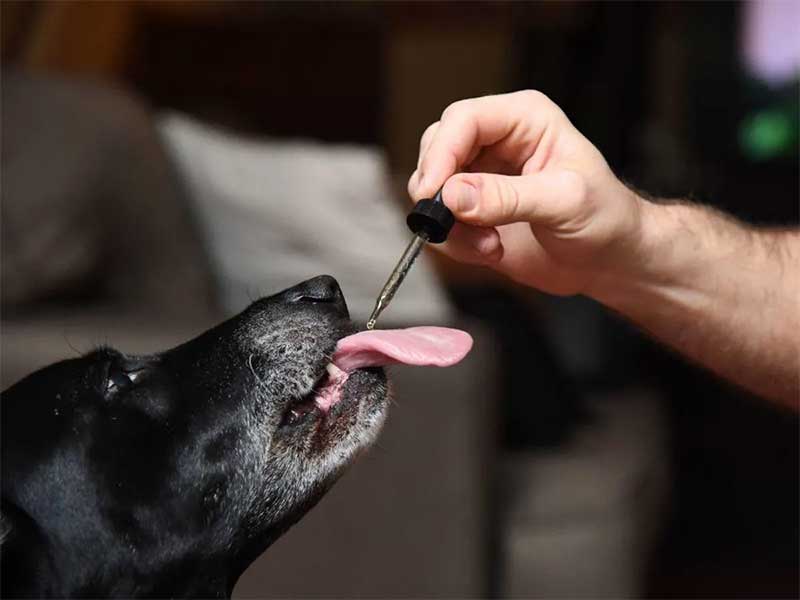No products in the cart.
THC Toxicity in Pets Leave a comment
THC Toxicity in Pets. Information Calls to the ASPCA Animal Poison Control Center about THC exposure spiked significantly in 2019.* This is not surprising as more and more states legalize the use of cannabis for recreational and medicinal purposes. Here’s what you need to know about THC toxicity in dogs and cats.
Terms like marijuana and THC can be confusing. Here’s what they mean and how they differ from one another.
- Cannabis – This is a family or genus of plants that includes both marijuana and hemp plants. Cannabis plants contain more than 80 biologically active chemical compounds.+
- Marijuana – Marijuana is a type of cannabis plant that contains many compounds, including THC and CBD. It’s known for having high amounts of THC.
- Hemp – Hemp is considered a low THC cannabis plant, which has high amounts of CBD. The stalks of the hemp plant can be used to make products, such as fabric, rope, and paper. The seeds can be pressed to create hemp oil, which is not the same as CBD oil.
- THC – THC is the abbreviation for Tetrahydrocannabinol. It’s one of over 100 different compounds called cannabinoids found in cannabis. THC causes the “high” feeling associated with marijuana.
- CBD – CBD stands for cannabidiol. It’s a single compound derived from a cannabis plant. There are lots of CBD oil products on the market these days, from pet chews to liquid drops.
Health Benefit Claims
CBD products make all sorts of health claims, such as reducing anxiety, promoting sleep, and managing pain for pets. Currently, the potential benefits of CBD for pets are not well researched or understood. The U. S. Food and Drug Administration (FDA) warns that many of these products are being marketed with unproven medical claims and unknown quality.+ They also may carry risks, such as stomach upset or liver damage.
To date, the FDA has approved one cannabis-derived drug product (Epidiolux) as a treatment for seizures related to certain conditions in humans. They have also approved three synthetic cannabis-related drug products to treat nausea associated with chemotherapy and anorexia in AIDS patients.
Much of the research done so far related to pets has been on toxic effects. While there is research taking place into possible medicinal uses for CBD in pets, including epilepsy, osteoarthritis, and chronic pain, it has not been approved by the FDA for any of these uses.
Risks of THC Exposure for Pets
You might not think your pet would eat cannabis, but dogs, in particular, have been known to eat all sorts of strange things from piles of sand at the beach to stinky socks pulled out of the laundry basket. Cats tend to have more discerning palettes than dogs, but our felines love to nibble on plant leaves. This can put them at risk for THC exposure if cannabis plants are grown in the home.
Both dogs and cats may be tempted to eat edibles containing THC. These edibles come in all sorts of forms, including cookies, brownies, gummies, chocolates, and other tasty treats that can be appealing to pets. They may also contain other ingredients that can be harmful, such as chocolate or xylitol, which is an artificial sweetener that is highly toxic to pets.
Buy Products NOW >> Click Here














